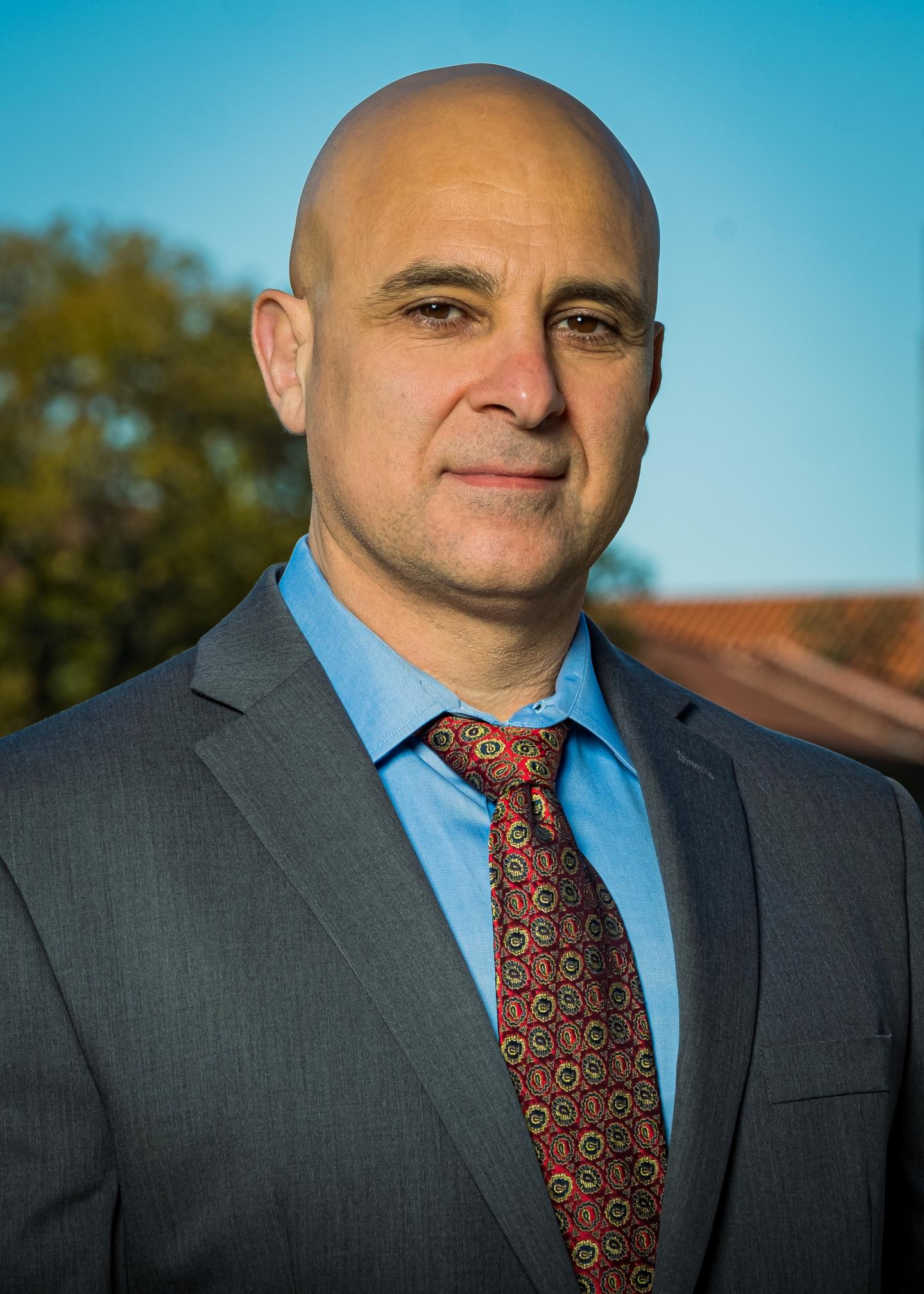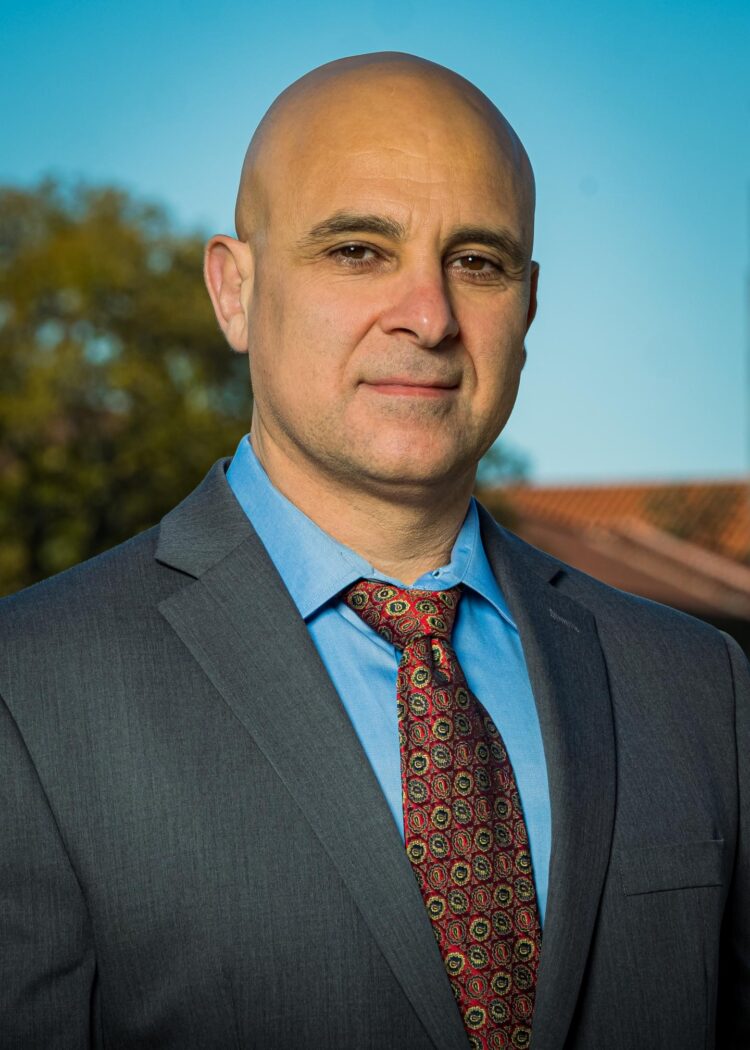Rice computer scientist, engineering dean Luay Nakhleh earns NSF support for single-cell genome study

Credit: Jeff Fitlow/Rice University
HOUSTON – (July 19, 2021) – Rice University computer scientists will take full advantage of new technology to sequence the genome of a single cell and decode mysteries contained in tumors.
Luay Nakhleh, recently named the William and Stephanie Sick Dean of Rice’s Brown School of Engineering, has been awarded a four-year, $1.2 million National Science Foundation grant to analyze the genomes in colonies of single cancer cells to find not only the mutations at the root of the disease but also how they evolve from cell to cell as the tumor grows.
Nakhleh, also a professor of computer science and of biosciences, and his team will use single-cell DNA data provided by colleagues at the University of Texas MD Anderson Cancer Center. They expect to reveal evolutionary trees of cancer mutations that could eventually help refine treatment for patients.
Cancer is caused by mutations including single nucleotide variants and copy number aberrations in a cell, but complications often arise when that cell’s offspring develop mutations of their own.
“I do a lot of work in evolutionary biology that has nothing to do with cancer,” Nakhleh said. “But our approach to this problem is evolutionary in the sense that we’re looking at cells we know evolved from an ancestral cell.
“Because they come from one individual cell, they give rise to an evolutionary tree structure,” he said. “This is very exciting because we can apply our expertise in computational evolutionary biology to this specific problem.”
Nakhleh said the cells in a tumor typically incorporate a variety of mutations. “In a group of cells with mutational signatures, you see a sort of clustering: one group of cells has five specific mutations, another group has seven and so on,” he said.
“Cancer biologists want to understand what role this plays in treatment outcomes for patients, and it’s been very hard to do,” Nakhleh said. “Now that we’re getting single-cell resolution, we can identify mutations on a larger scale and map them onto an evolutionary tree. That will help us know the order in which the mutations happened.”
He noted some cancers, including breast and pancreatic cancers, could be triggered by mutations years before the disease can be diagnosed. “The evolution of these genomes can help us start to understand what leads a person to develop cancer. If we know the genetic risk factors, we can be more proactive.”
Nakhleh said single-cell genome techniques remain a bit error-prone, but the ability to get distinct sequences from many cells in a tumor at once will allow the researchers to infer mutation trees. They would then scale this data to incorporate the whole genomes of thousands of cells to build open-source models and, ultimately, tools for early cancer detection and treatments.
###
Jeff Falk
713-348-6775
[email protected]
Mike Williams
713-348-6728
[email protected]
Read the abstract at https:/
This news release can be found online at https:/
Follow Rice News and Media Relations via Twitter @RiceUNews.
Related materials:
Nakhleh Lab: https:/
Department of Computer Science: https:/
George R. Brown School of Engineering: https:/
Image for download:
https:/
CAPTION: Luay Nakhleh. (Credit: Jeff Fitlow/Rice University)
Located on a 300-acre forested campus in Houston, Rice University is consistently ranked among the nation’s top 20 universities by U.S. News & World Report. Rice has highly respected schools of Architecture, Business, Continuing Studies, Engineering, Humanities, Music, Natural Sciences and Social Sciences and is home to the Baker Institute for Public Policy. With 3,978 undergraduates and 3,192 graduate students, Rice’s undergraduate student-to-faculty ratio is just under 6-to-1. Its residential college system builds close-knit communities and lifelong friendships, just one reason why Rice is ranked No. 1 for lots of race/class interaction and No. 1 for quality of life by the Princeton Review. Rice is also rated as a best value among private universities by Kiplinger’s Personal Finance.
Media Contact
Jeff Falk
[email protected]
Original Source
https:/





